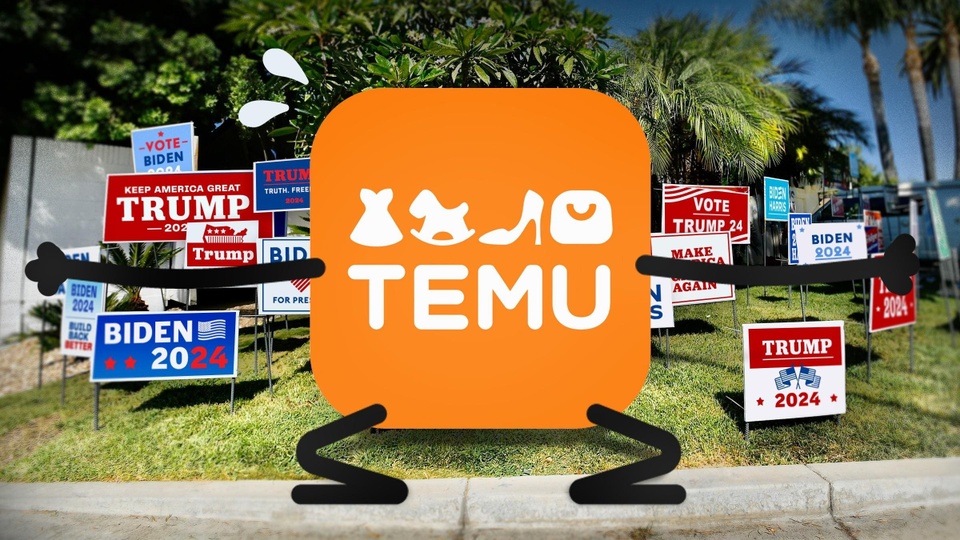 |
Temu is affected when the US no longer exempts cheap goods from taxes. Photo: NYT . |
On February 2, President Trump signed an executive order imposing new tariffs on goods from top trading partners Canada, Mexico, and China. On February 3, the deadline for the two North American countries was extended by 30 days. Meanwhile, the terms for China remain unchanged.
The executive order also ends a trade exemption known as “de minimis.” It allows importers to bring goods worth less than $800 into the U.S. duty-free. This makes products on platforms like Temu less affordable, reducing competition with domestic platforms like Amazon and eBay.
The rule has existed since the 1930s, but has come under scrutiny recently. The Biden administration took initial steps last year to curb its overuse, saying it allowed Chinese e-commerce companies to undercut their domestic rivals by lowering prices.
Shares of PDD Holdings, Temu’s parent company, fell 5.9% in trading on February 3. The ability of cross-border e-commerce platforms from China to maintain their low-price advantage is also in doubt after the new tariffs.
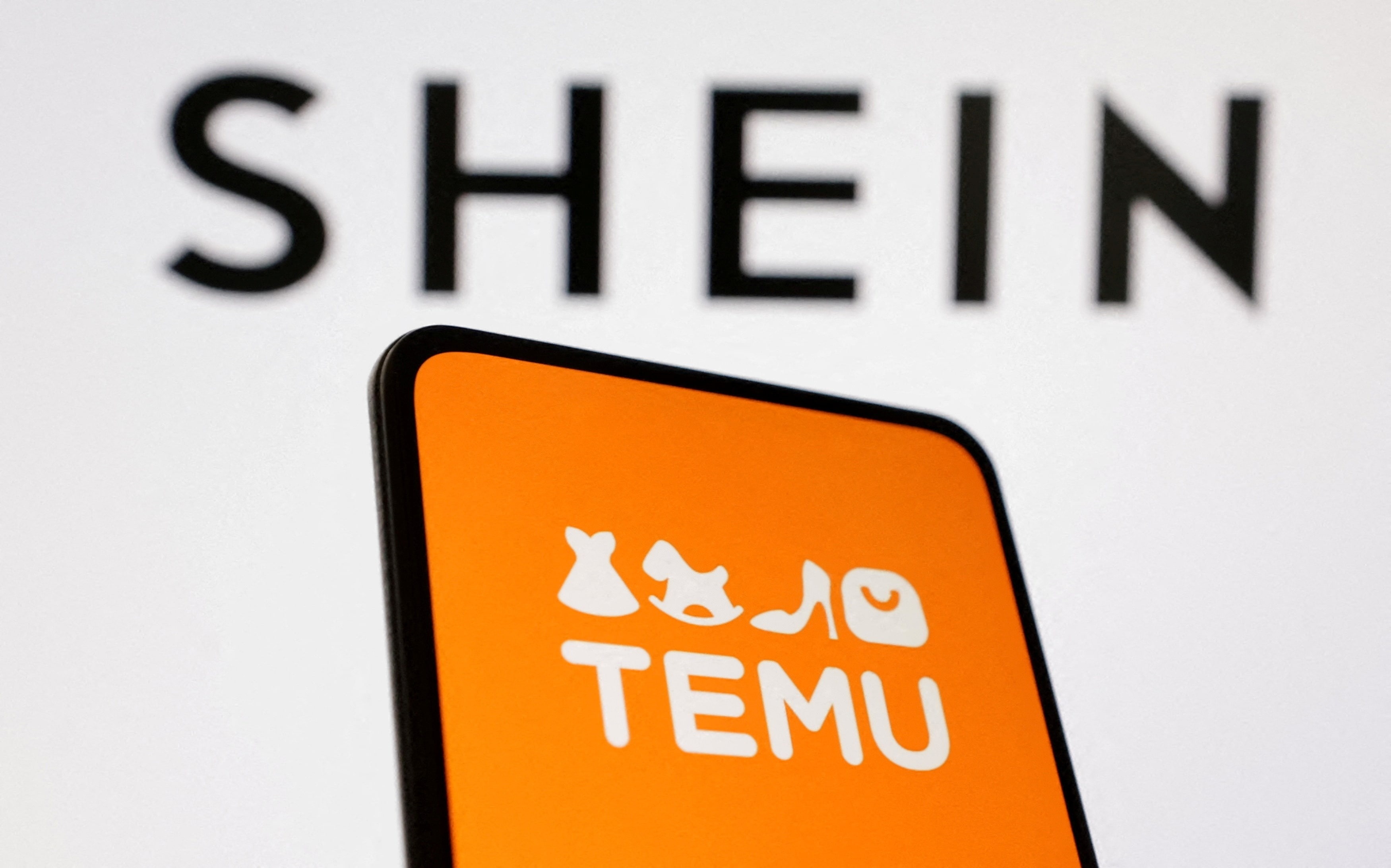 |
Being taxed, Chinese e-commerce platforms find it difficult to maintain their low-price advantage. Photo: Reuters. |
The de minimis termination could also indirectly cut Temu and Shein's U.S. advertising and affiliate marketing costs, which have been significant contributors to Meta's advertising revenue in recent quarters.
According to U.S. Customs and Border Protection data, the country will process more than 1.3 billion low-value duty-free packages in 2024. That’s up 10 times from 139 million in 2015. The value of the shipments also skyrocketed to $66 billion from $5.3 billion in 2018.
CNBC calls this a loophole that allows Chinese companies, notably Temu and Shein, to offer a selection of clothes, home goods and electronics at extremely low prices. Chinese companies also use generous affiliate marketing incentives to attract more customers. Temu is expected to become the most downloaded app in the US by 2024.
Rivals from across the ocean forced Amazon to launch a similar feature, connecting sellers from China to sell cheap goods on the platform. The Information reported that the largest e-commerce platform in the US also tried to take advantage of the “de minimis” offer.
CNBC believes that Amazon, eBay and Etsy all benefit from Mr. Trump's tightening of tariffs on cheap goods from China.
In preparation for the change, Temu is looking to build a network of sellers with warehouses in the US that are not affected by the tax and reduce shipping costs. However, the platform declined to respond to the press when asked about the impact of the new tax policy.




![[Photo] Ho Chi Minh City holds funeral for former President Tran Duc Luong](https://vphoto.vietnam.vn/thumb/1200x675/vietnam/resource/IMAGE/2025/5/24/9c1858ebd3d04170b6cef2e6bcb2019e)
![[Photo] Party and State leaders visit former President Tran Duc Luong](https://vphoto.vietnam.vn/thumb/1200x675/vietnam/resource/IMAGE/2025/5/24/960db9b19102400e8df68d5a6caadcf6)



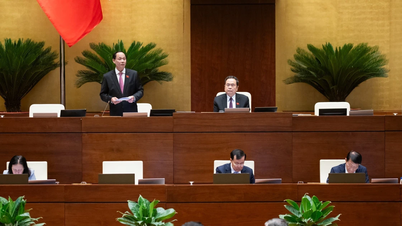


















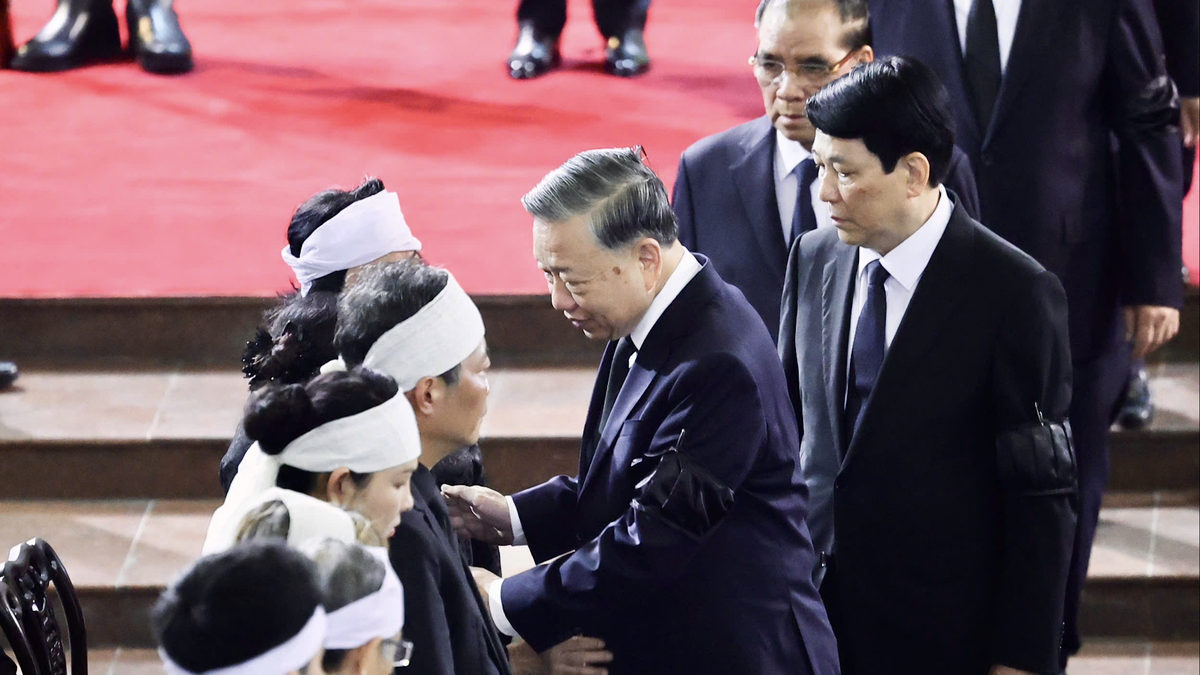
































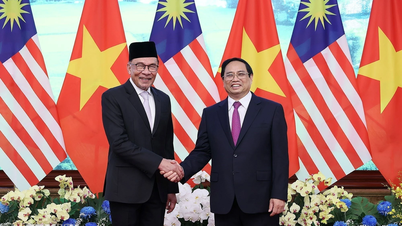



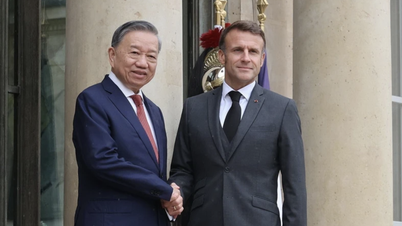































Comment (0)